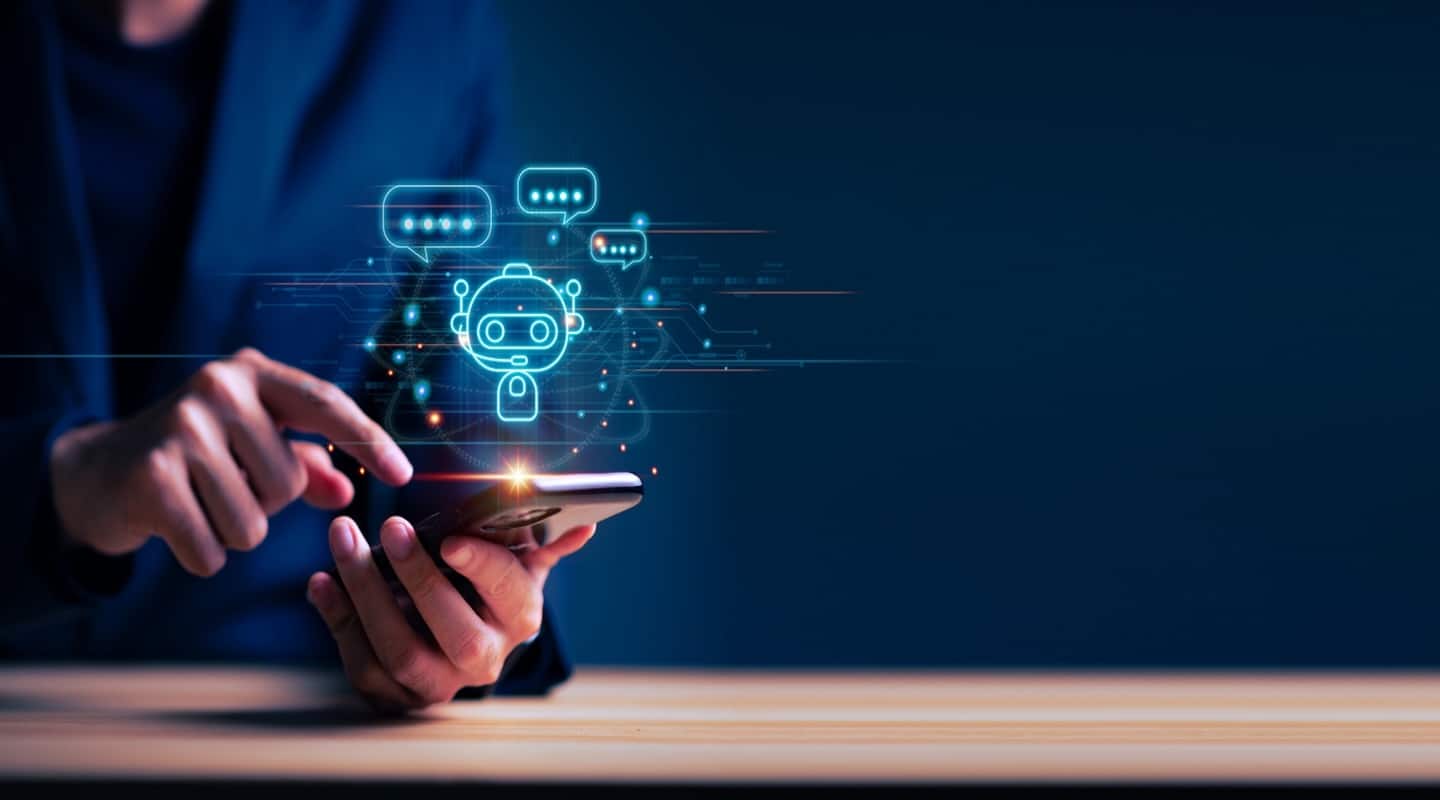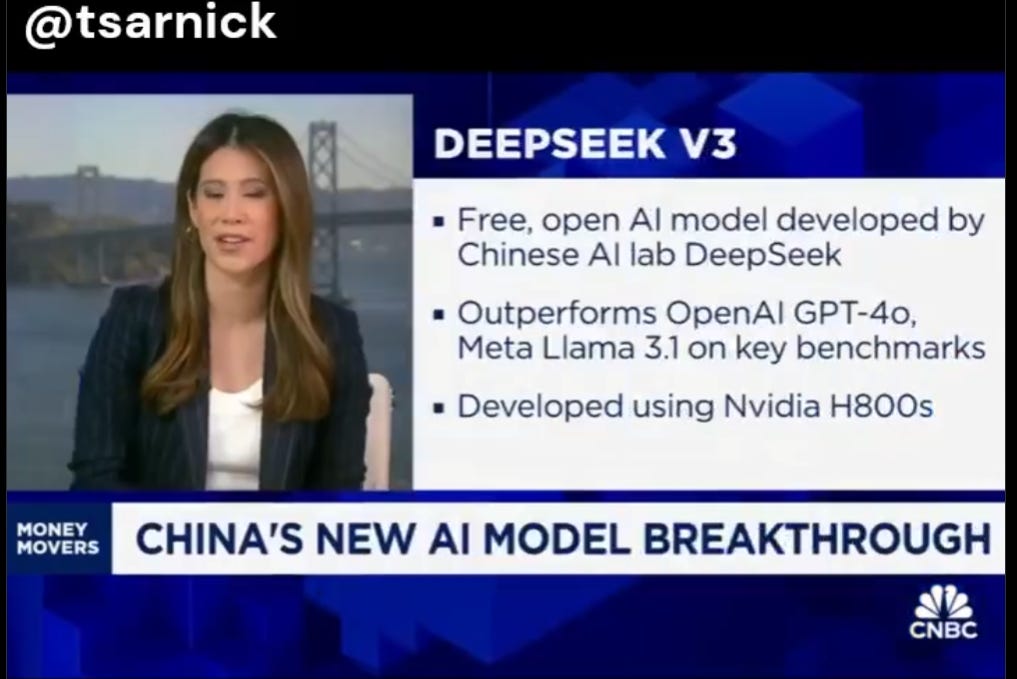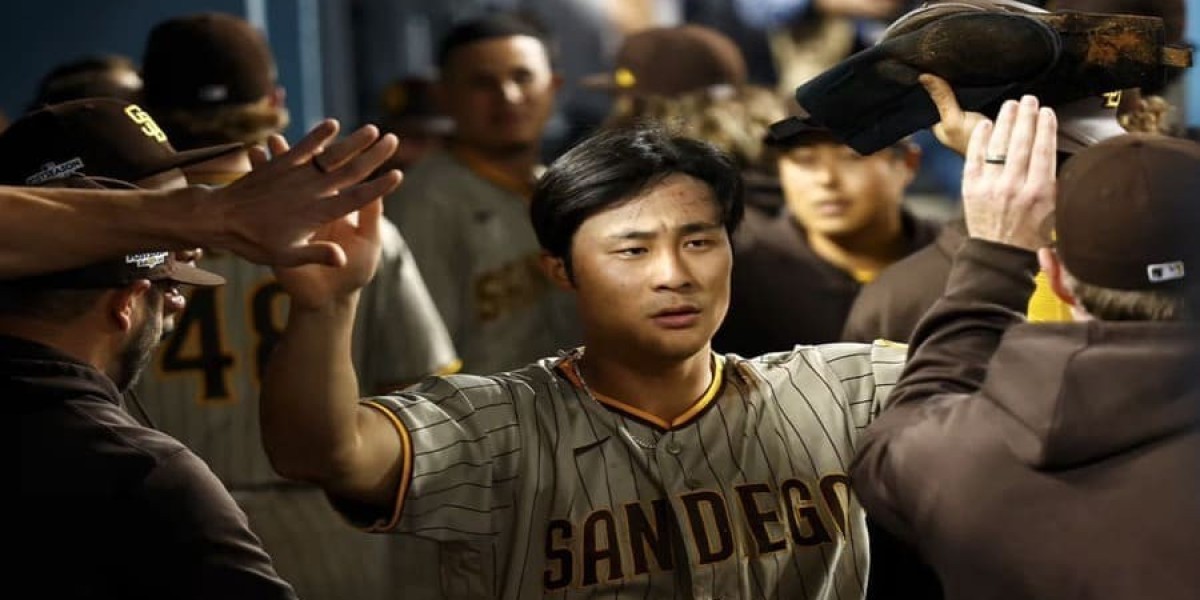
Technology is changing our world at an amazing pace! Its sweeping changes can be discovered all over and they can be referred to as both thrilling, users.atw.hu and at the exact same time scary. Although people in numerous parts of the world are still attempting to come to terms with earlier technological revolutions in addition to their sweeping social and instructional implications - which are still unfolding, they have actually been awoken to the truth of yet another digital transformation - the AI revolution.

Expert System (AI) innovation refers to the capability of a digital computer or computer-controlled robot to carry out tasks that would otherwise have been brought out by human beings. AI systems are created to have the intellectual procedures that characterize people, such as the capability to factor, discover meaning, generalize or bytes-the-dust.com gain from previous experience. With AI innovation, vast quantities of information and text can be processed far beyond any human capacity. AI can also be utilized to produce a huge range of brand-new material.
In the field of Education, AI innovation features the potential to allow new forms of mentor, finding out and instructional management. It can also enhance finding out experiences and support teacher jobs. However, in spite of its positive capacity, AI likewise presents substantial dangers to students, the mentor community, education systems and society at big.
What are a few of these risks? AI can decrease mentor and learning processes to estimations and automated jobs in ways that decrease the value of the function and impact of instructors and deteriorate their relationships with students. It can narrow education to only that which AI can process, design and provide. AI can likewise worsen the around the world lack of certified teachers through out of proportion costs on innovation at the expenditure of financial investment in human capacity development.

Making use of AI in education also creates some fundamental concerns about the capability of teachers to act actively and constructively in identifying how and when to make cautious usage of this technology in an effort to direct their professional development, find solutions to obstacles they deal with and enhance their practice. Such basic questions include:
· What will be the function of instructors if AI technology end up being extensively carried out in the field of education?
· What will evaluations appear like?
· In a world where generative AI systems appear to be developing brand-new capabilities by the month, what skills, outlooks and competencies should our education system cultivate?
· What changes will be required in schools and beyond to help students strategy and videochatforum.ro direct their future in a world where human intelligence and machine intelligence would appear to have ended up being ever more carefully linked - one supporting the other and vice versa?

· What then would be the function or function of education in a world controlled by Artificial Intelligence technology where people will not necessarily be the ones opening brand-new frontiers of understanding and knowledge?
All these and more are intimidating questions. They force us to seriously consider the concerns that arise concerning the implementation of AI innovation in the field of education. We can no longer simply ask: 'How do we prepare for an AI world?' We must go deeper: 'What should a world with AI appear like?' 'What functions should this powerful innovation play?' 'On whose terms?' 'Who chooses?'
Teachers are the main users of AI in education, and they are anticipated to be the designers and facilitators of students' learning with AI, the guardians of safe and ethical practice throughout AI-rich educational environments, and to serve as good example for lifelong discovering AI. To presume these duties, instructors need to be supported to develop their abilities to utilize the prospective benefits of AI while mitigating its threats in education settings and larger society.
AI tools need to never be designed to replace the genuine accountability of teachers in education. Teachers must remain liable for pedagogical choices in using AI in teaching and in facilitating its uses by students. For instructors to be liable at the useful level, scientific-programs.science a pre-condition is that policymakers, instructor education organizations and schools presume responsibility for preparing and supporting instructors in the correct use of AI. When introducing AI in education, legal securities should also be established to secure teachers' rights, and long-lasting financial commitments require to be made to guarantee inclusive gain access to by teachers to technological environments and fundamental AI tools as crucial resources for adjusting to the AI period.
A human-centered method to AI in education is crucial - a method that promotes crucial ethical and

practical principles to help control and direct practices of all stakeholders throughout the whole life cycle of AI systems. Education, provided its function to protect along with facilitate advancement and knowing, has an unique obligation to be fully mindful of and responsive to the dangers of AI - both the recognized dangers and those only simply coming into view. But too frequently the risks are ignored. The use of AI in education therefore needs mindful factor to consider, consisting of an examination of the progressing roles teachers require to play and the competencies needed of teachers to make ethical and effective use of Expert system (AI) Technology.
While AI uses chances to support teachers in both mentor as well as in the management of finding out procedures, meaningful interactions between instructors and trainees and human flourishing ought to stay at the center of the instructional experience. Teachers need to not and can not be changed by innovation - it is important to protect teachers' rights and ensure appropriate working conditions for them in the context of the growing use of AI in the education system, in the work environment and in society at big.








